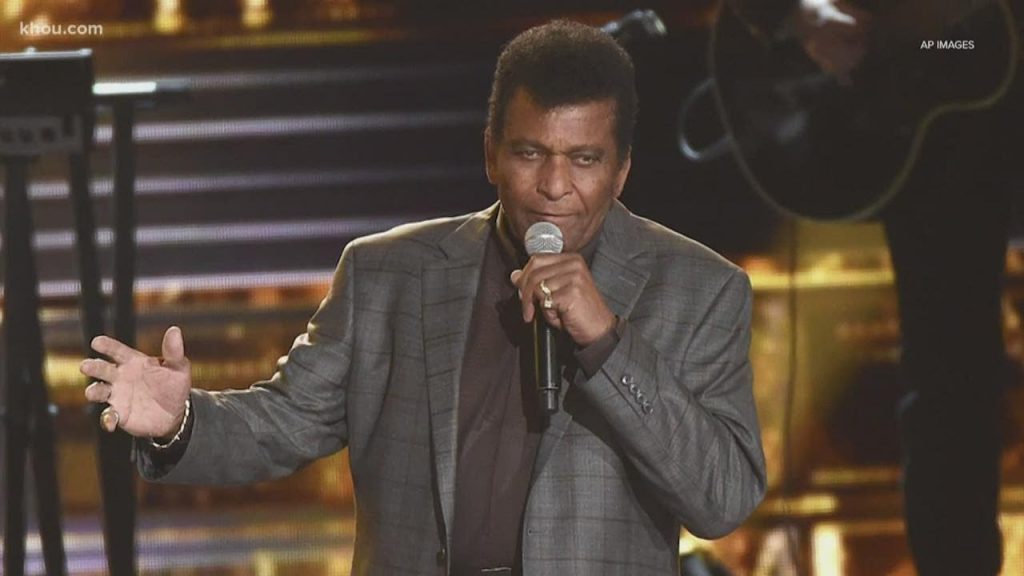
A Melancholic Reflection on Love and Doubt
In the gentle strumming of a guitar and the tender, heartfelt crooning of Charley Pride, the song “Does My Ring Hurt Your Finger” offers a poignant exploration of love laced with doubt and insecurity. Released in 1967 as part of Pride’s album “The Country Way,” this song captures the essence of classic country music with its storytelling prowess and emotional depth. It resonated deeply with audiences, reaching number 4 on the Billboard Hot Country Singles chart, marking a significant moment in Pride’s illustrious career as one of the few African American artists to break through in the country music scene during that era.
The narrative woven through “Does My Ring Hurt Your Finger” is one of introspection and vulnerability. Charley Pride, with his rich and resonant voice, conveys the painful introspection of a lover questioning the sincerity of their partner’s commitment. The symbolism of the ring—a traditional emblem of eternal love and fidelity—becomes a focal point for expressing doubt. Is it merely a piece of jewelry causing discomfort, or does it signify deeper troubles brewing beneath the surface?
This song delves into the universal theme of love’s fragility. The listener is invited into an intimate moment where simple questions reveal profound fears: Is my love enough? Am I still cherished? For anyone who has ever felt uncertainty in a relationship, Pride’s delivery is both a solace and a mirror reflecting their own experiences. Through lines tinged with longing and sadness, he captures the heartache of feeling unvalued, despite tangible symbols of commitment.
Beyond its lyrical content, “Does My Ring Hurt Your Finger” is imbued with historical significance. Charley Pride was not just an extraordinary talent; he was a trailblazer who challenged racial barriers in country music. During a time when segregation was still prevalent in many parts of America, his success brought about meaningful conversations regarding race and representation in the music industry. His ability to convey deep emotion and connect with audiences across racial lines speaks to the power of music as a unifying force.
The production of this song maintains a simplicity that enhances its emotional impact. The arrangement is modest yet effective, allowing Pride’s voice to remain at the forefront. The gentle accompaniment serves as an unobtrusive backdrop, highlighting his vocal expressiveness and bringing the song’s poignant message into sharper focus.
For many listeners, especially those who recall hearing it upon its release, “Does My Ring Hurt Your Finger” stirs memories of a bygone era—a time when country music often served as both entertainment and emotional catharsis. It evokes images of small-town life, where love stories were as complex as they were commonplace, and where songs like this one played from radios in kitchens and living rooms across America.
As we reflect on Charley Pride’s legacy, this song stands out not only for its musicality but also for its enduring relevance. In today’s world, where relationships are constantly tested by new challenges, its themes continue to resonate. The beauty of “Does My Ring Hurt Your Finger” lies in its timelessness—its ability to speak to the heartaches and hopes that define human connections.
In conclusion, Charley Pride‘s “Does My Ring Hurt Your Finger” is more than just a song; it’s a testament to the enduring power of music to articulate our deepest fears and desires. It remains an essential piece in the tapestry of country music history—a reminder that even amidst doubt and uncertainty, there is solace in shared experiences and understanding through song. As we listen to it today, we are reminded not only of Charley Pride’s remarkable contribution to music but also of our own stories woven into its melody.